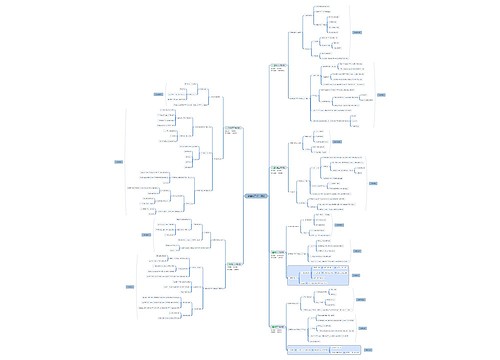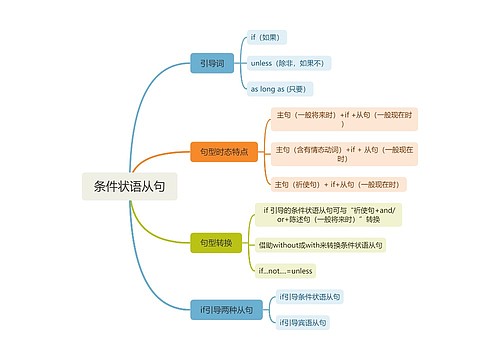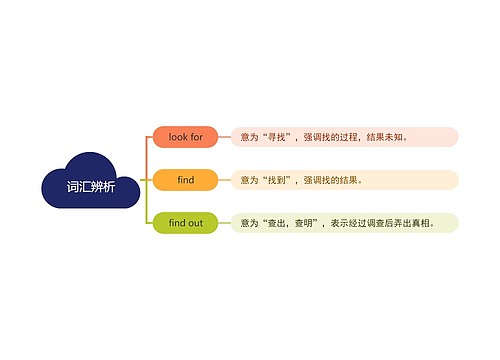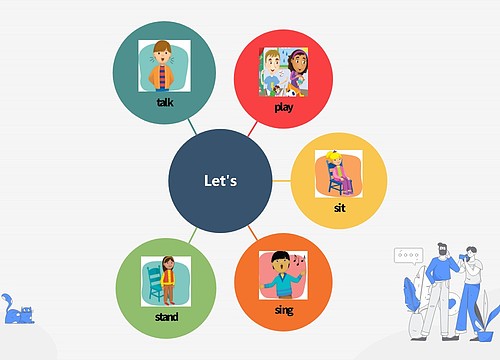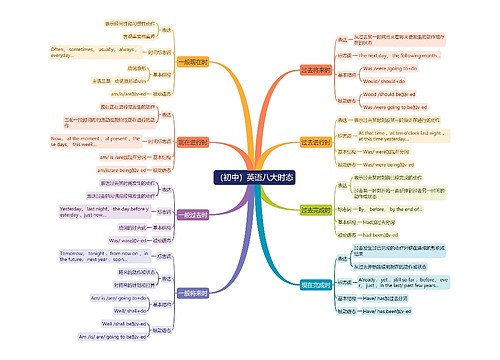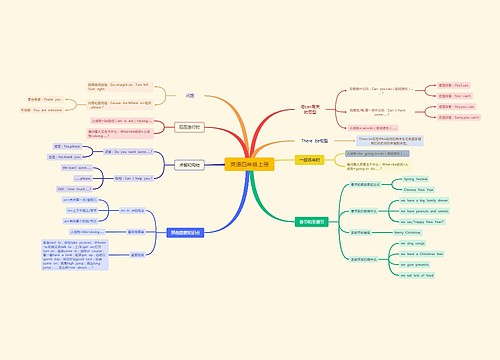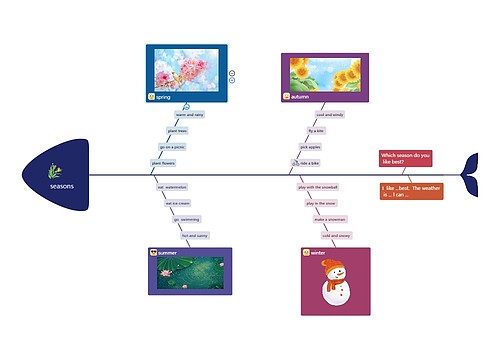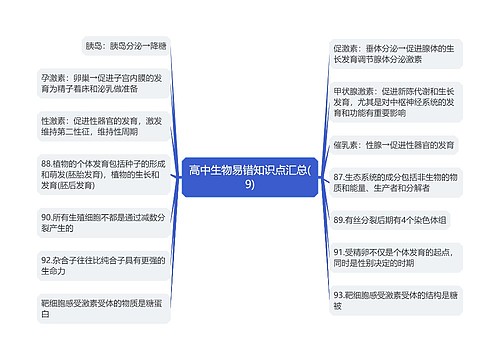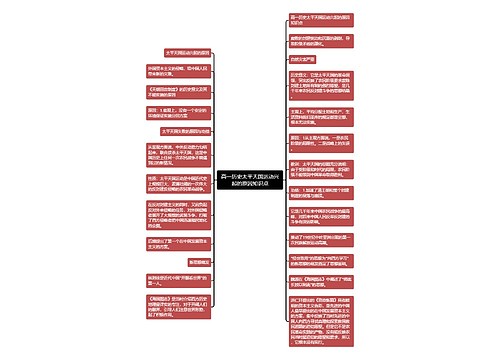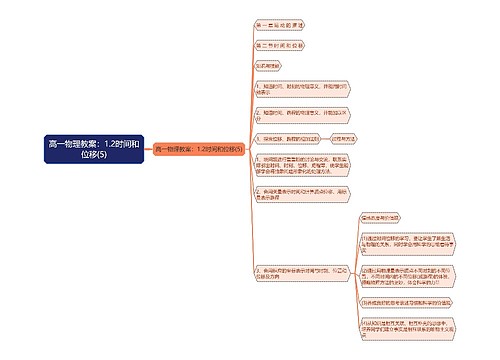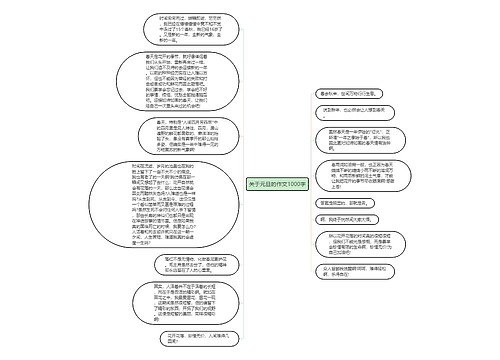高一英语教案:《Unit 7 文化遗产》优秀教学设计(一)
teaching procedures for the 4th period
2. ask individual ss to retell the story.
3. check the homework, giving some explanation if necessary.
1. ask the ss to find out the sentences from the passage that they think read most beautiful or sound sweetest.
2. enjoy the sentences ss pick out, especially the sentence:"we will not let our history and culture be destroyed, and we will do everything we can to save our city! "
1. scanning ask the ss to read the passage on page 124 and finish the following two exercises shown on the screen.
▲fill in the blanks with the words from the passage
1. the word which has similar meaning to "finish" is ________.
2. ________ means to go or run quickly.
3. the word ________ means to save.
4. a ________ is a place where people worship ( v.崇拜) the god.
5. to ______ large areas means that water covers large areas.
6. if something is needed, it is ________.
7. when you are seriously ill, your life could be ________.
8. when you see people eating breakfast, you can say "they are ________."
9. the water of a river, a lake or a sea is called ________.
10. to go up or to get higher means to ________.
【keys】1.complete 2.to rush 3.rescue 4.temple 5.flood 6.necessary 7.in danger 8.at breakfast 9.waters 10.rise
▲ fill in the blanks with proper words.
1. a dam was built.________ a result, the water level of the lake rose ________ 63 meters.
2. they decided to move the temple stone ________ stone.
3. about 20~50% of the electricity which egypt needs is produced ________ the water
rushing ________ the base of the dam.
4. each stone was marked ________ a number and then all the stones were carried to the newplace.
5. the old temple, which dates ________ about 1250 bc, will be moved to a new place.
6. the experts are trying to find ways of rescuing the animals ________ danger.
7. many fields will be covered ________ the waters of the new lake which will be finished
________ the end of this year.
【keys】1.as; by 2.by 3.from; through 4.with 5.from 6.in 7.by / with; by / before
2. skimming ask the ss to read the passage more carefully and try to answer the followings:
1.what are the only three man-made projects that can be seen from the earth? where are they?
2.when was the aswan high dam completed?
3.what was the high dam built for?
4.what problems were caused by building the high dam?
5.what do you know about the temple at abu simbel?
6.how did the engineers decide to move the whole temple?
7.how long did the project last?
8.how much did the project cost?
9.when was the project completed?
10.how can you get to the temple at abu simbel?
1. discussion divide the class into groups and ask each group to discuss the question:
① do you think it necessary to spend so much money on rescuing this temple?
② do you think that the egyptian engineers solved the problem in the best way possible?
③ are there other temples or buildings that we could not move?
④ what about the great wall or the temple of heaven?
⑤ would it be right to move them if we had to build something where they stand today? why or why not?
2. fill in the blanks with proper words.
the great wall of china is one of the eight wonders of the world. it lies across north china ________ a huge dragon (巨龙). it is one of the few man-made projects on earth ________ can be seen from the moon.
the great wall ________ built more than 2,000 years ago. it was built ________ the reason of war. now it is more than 6,000 kilometers ________ from east to west, 6-7 meters high, and 4-5 meters wide. in most places, it is wide ________ for five horses or ten people to walk side ________side along the top.
today the great wall has become a great place of ________ .it interests tens of thousands of people ________ different parts of the world every day. so more and ________ people have come to know the famous chinese saying:"he ________ does not reach the great wall is not a true man."
【keys】like; that; was; for; long; enough; by; interest; from; who
1.language input:in the world there’re many cultural relics. sometimes people have to choose between protecting the relics of the past and building the roads and houses of the future. what do you think we need to think about when we make decisions about cultural relics?
[divide the class into groups and ask them to discuss for a while, and then collect ideas or suggestions from each group.]
step six summary and homework
1. read the passages and finish off workbook ex 4 on p.126.
2. write a report about the discussion.

 U633687664
U633687664
 U582121265
U582121265